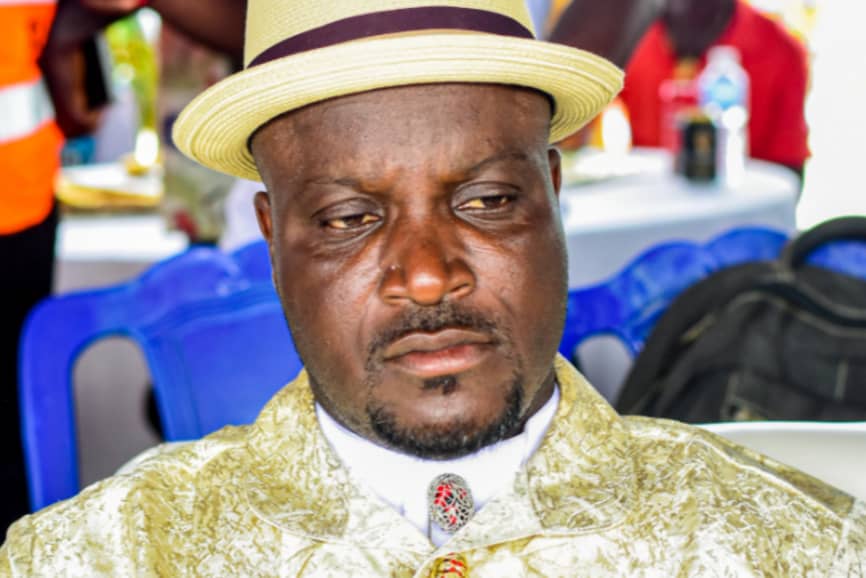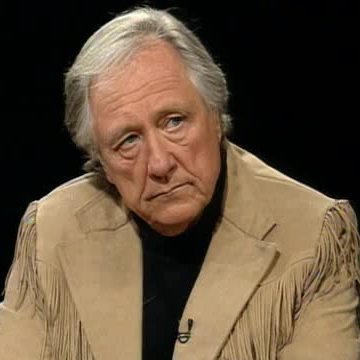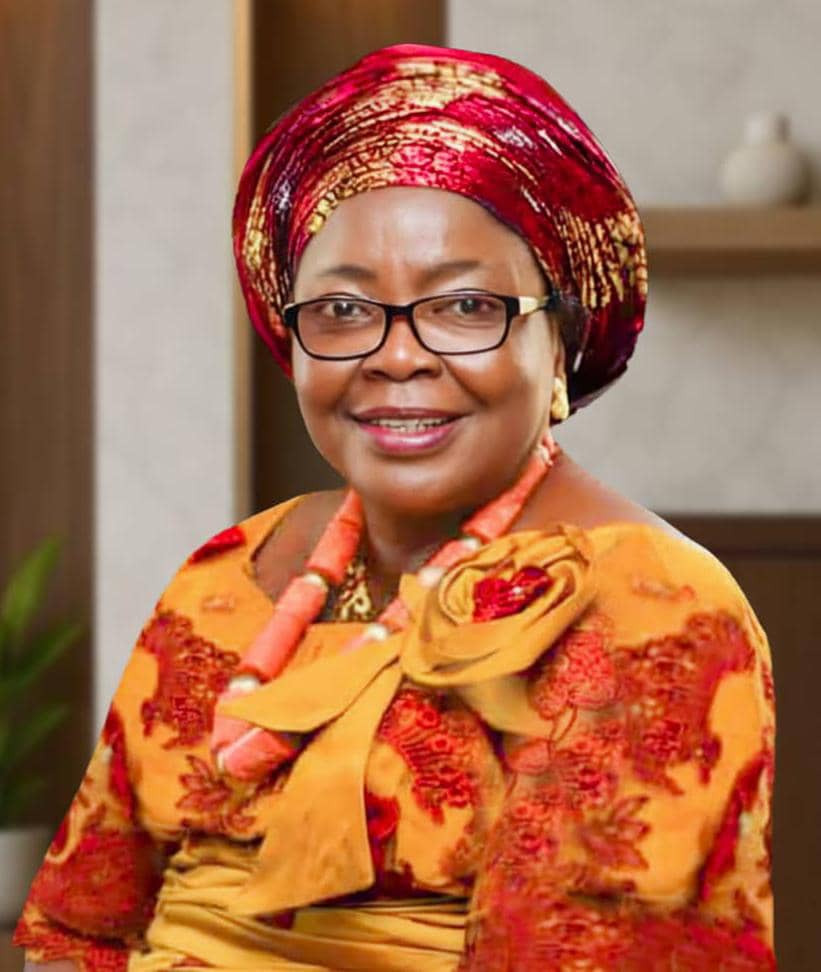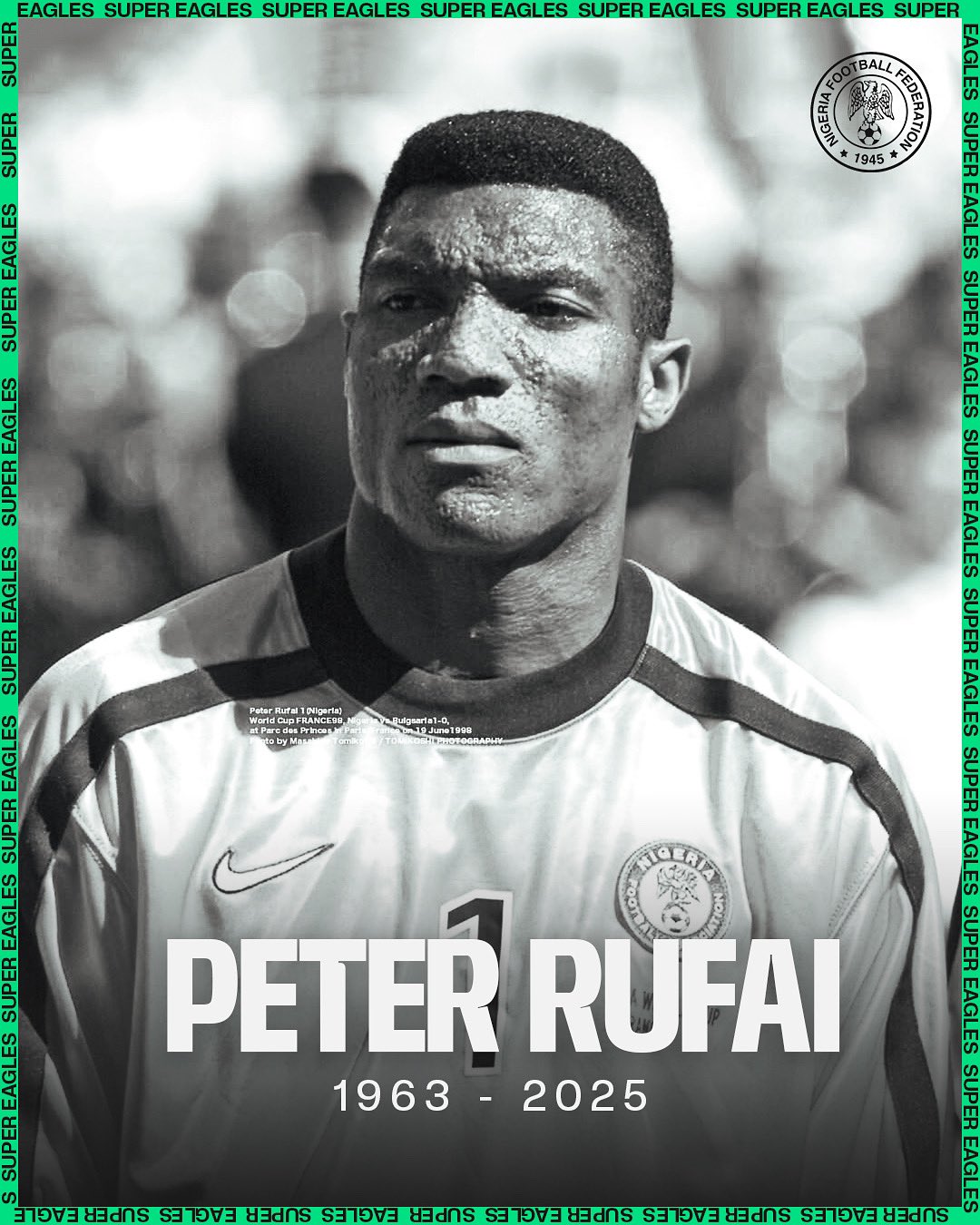BARRY WHITE, the Baritone Singer With the Velvet Voice
_1691335834.jpg)
Did you know that White was jailed at age 16 for stealing tires, a punishment he credited with helping him straighten out his life and dedicate his efforts to music, and that his baritone voice developed at age 14?
Barry White, the late American singer, songwriter and three time Grammy Award-winner, was born as Barry Eugene Carter on September 12, 1944, in Galveston, Texas, United States of America, to a single mother. White and his younger brother, Darryl, spent most of their childhood in south central Los Angeles.
White, who said he had a lifelong love for music, was inspired by his mother's classical music collection, and he began playing piano and singing at an early age. During his early teenage years, White began singing in a Baptist church choir and was quickly promoted to director.
At the age of 14 his voice dramatically broke, producing the distinctive bass-baritone that was to become his signature vocal style. In a 1990 interview, speaking on how he got his deep baritone voice, White told Ebony magazine that his voice changed overnight from the squeaky tones of a preadolescent to the rumbling bass that made him famous.
According to White, "It scared me and my mother when I spoke that morning. It was totally unexpected. My chest rattled. I mean vibrations. My mother was staring at me, and I was staring at her. The next thing I knew, her straight face broke into a beautiful smile. Tears came down her face and she said: 'My son's a man now'."
White joined the Upfronts soul group as bass singer and cut six singles. For several years, he stayed away from performing and focused on work behind the scenes as a songwriter and producer.
He married a childhood sweetheart, identified only as Mary in his autobiography, and fathered four children with her before they separated in 1969 and later divorced. White later discovered the female trio "Love Unlimited" which included his future second wife, James, and produced their million-selling 1972 single "Walkin' in the Rain With the One I Love."
White created The Love Unlimited Orchestra, a 40-piece orchestral group and in 1973 with the band released the single "Love's Theme" which he wrote and composed. The track reached the top of the Billboard Pop charts, kick starting a successful musical career that was to span three decades. He is credited by some for helping launch the disco phenomenon with his orchestral "Love's Theme".
White returned to performing with the song "I'm Gonna Love You Just a Little More Baby," which topped the R&B chart and hit No. 3 on the pop chart. In 1974, his album "Can't Get Enough" climbed to the top of the pop charts on the strength of the signature hits "Can't Get Enough of Your Love, Babe" and "You're the First, the Last, My Everything."
That year he also married James. The couple had four children together and collaborated on the 1981 album "Barry & Glodean," which featured the songs "I Want You" and "You're the Only One for Me." They divorced in 1988, but he said they always remained good friends.
White suffered a family tragedy in 1983 when his brother, Darryl, was shot and killed in a dispute with a neighbor over change from a $20 bill. In his 1999 autobiography, "Love Unlimited: Insights on Life and Love," White said music likely spared him a similar fate.
After working on more than a dozen albums in the 1970s, his career waned over the next decade as he attempted small comebacks with the albums "The Right Night & Barry White" (1987) and "The Man is Back!" (1989).
White enjoyed a larger resurgence with 1994 album "The Icon Is Love," and his ballad "Practice What You Preach" became his first No. 1 hit in 17 years. Toward the end of the 1990s, his songs were regularly featured on the Fox comedy series "Ally McBeal" and he made an appearance on the show as himself.
His single "Staying Power," off a 1999 album of the same name, won White two Grammys and proved he hadn't tamed his libidinous lyrics. "Put on my favorite dress, the one that oozes sexiness," he cooed in the title track's opening lines. That year, White's chronic blood pressure forced him to cancel several live performances with the group 'Earth, Wind & Fire' and he was briefly hospitalized.
White was overweight for most of his adult life and suffered from related health problems. He was also known to be a heavy smoker, reportedly smoking approximately 150 cigarettes a day; roughly between 7 and 8 packs. In September 2002, he was hospitalized with kidney failure attributed to chronic high blood pressure; he was also believed to have been diabetic. While undergoing dialysis and awaiting a kidney transplant in May 2003, White suffered a severe stroke, which forced him to retire from public life. He also suffered multiple seizures in his last few weeks. White's unstable health prevented him from receiving a new kidney, and he died on July 4, 2003, at Cedars-Sinai Medical Center in Los Angeles after suffering cardiac arrest, aged 58 years old.
On September 20, 2004, White was posthumously inducted into the Dance Music Hall of Fame at a ceremony held in New York. On September 12, 2013, which would have been White's 69th birthday, he was posthumously awarded the 2,506th star on the Hollywood Walk of Fame at 6914 Hollywood Boulevard in the category of recording. The show Counting Cars paid tribute to White by restoring the last car he owned for his widow, Glodean. White's survivors include eight children, grandchildren, and his companion Catherine Denton.
Sources:
https://www.npg.org.uk/collections/search/person/mp147012/barry-white https://goldcountrymedia.com/news/120253/barry-whites-deep-voice-now-silent/ https://en.m.wikipedia.org/wiki/Barry_White
#penglobalpersonality #BarryWhite



